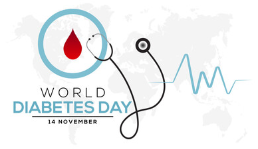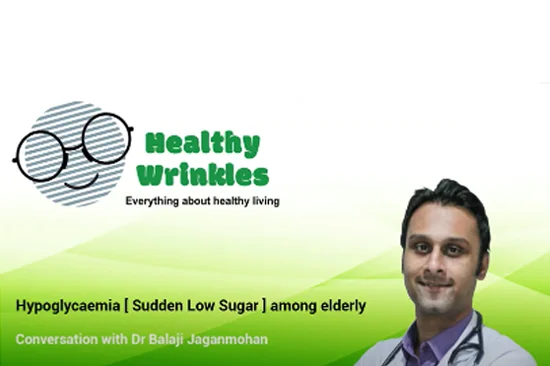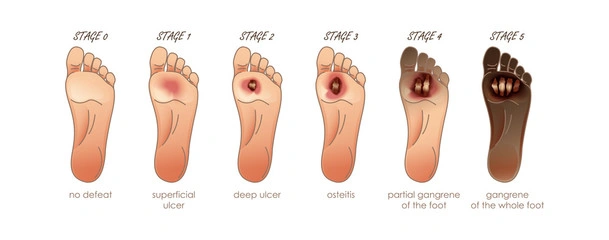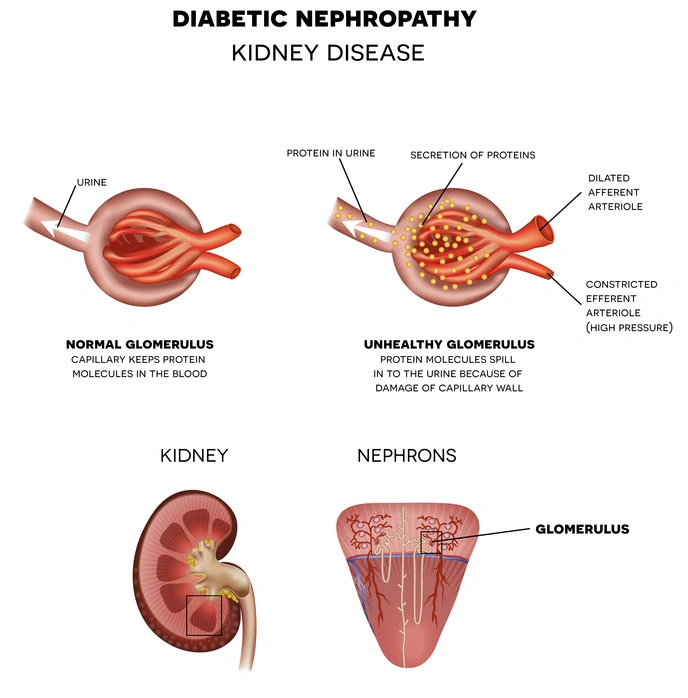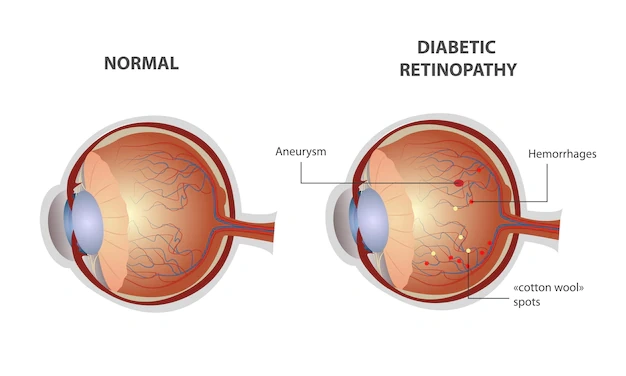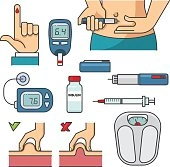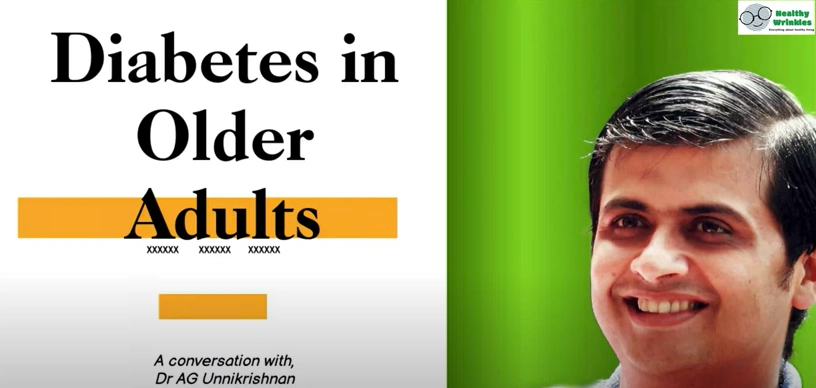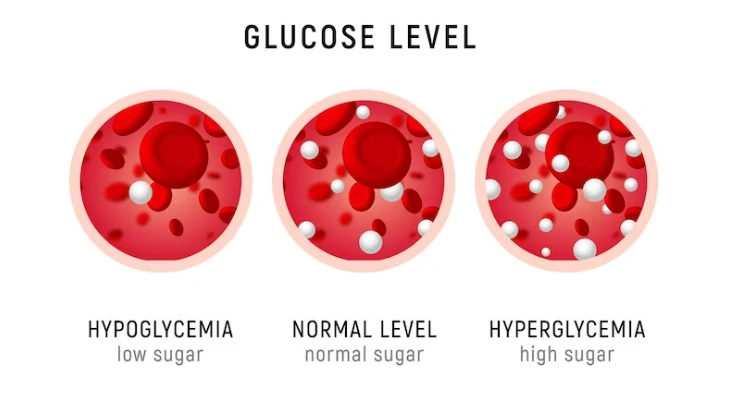Effects of smoking on diabetics
01-10-24
People of all ages suffer negative health effects from smoking and obesity. The primary causes of preventable mortality include smoking and obesity, which are also linked to greater utilization of medical services. The relationship between smoking and obesity has not yet been thoroughly researched, with a focus on the elderly. Smokers have a higher chance of developing diabetes than non-smokers and are leaner than non-smokers, according to prior research conducted primarily on adults of working age but also on seniors.
Any time you stop smoking, regardless of your age or length of smoking, your health will improve. When you stop smoking, you'll probably live longer, breathe easier, have more energy, and save money. Also, you will:
●Reduce your risk of lung disease, cancer, heart attack, and stroke.
●Possess improved blood circulation
●Enhance your ability to taste and smell
●Put an end to the smokey scent
●Set a good example for your kids and grandkids by being healthy.
Diabetes and smoking are both major health problems. Smoking increases the risk of type 2 diabetes because it can make the body less sensitive to insulin. You may experience high amounts of glucose in your bloodstream if your cells do not react to this hormone, which was created by our pancreas and is essential for balancing out glucose levels in our system.
Smokers are more likely than non-smokers to develop type 2 diabetes, and smoking makes it more difficult to manage diabetes if you do. Diabetes is a dangerous condition that can cause amputations, blindness, renal failure, heart disease, and nerve disease.
How to quit?
Making a simple decision to quit and choosing a certain date to cease are often cited as the first steps in successfully quitting smoking. Plan how you will handle the circumstances that cause you to feel the want to smoke, and how you will handle cravings. To figure out what works best for you, you might need to explore a variety of strategies. You could, for instance:
●Consult your doctor.
●Read books about self-help.
●Attend counseling, either individual or group.
●Take the help of a friend.
●Establish a rewards system and consider what you could do with the money you would have spent on cigarettes.
●Go for a stroll or discover a brand-new hobby that you like.
●Utilize medication to ease the withdrawal effects of nicotine.
